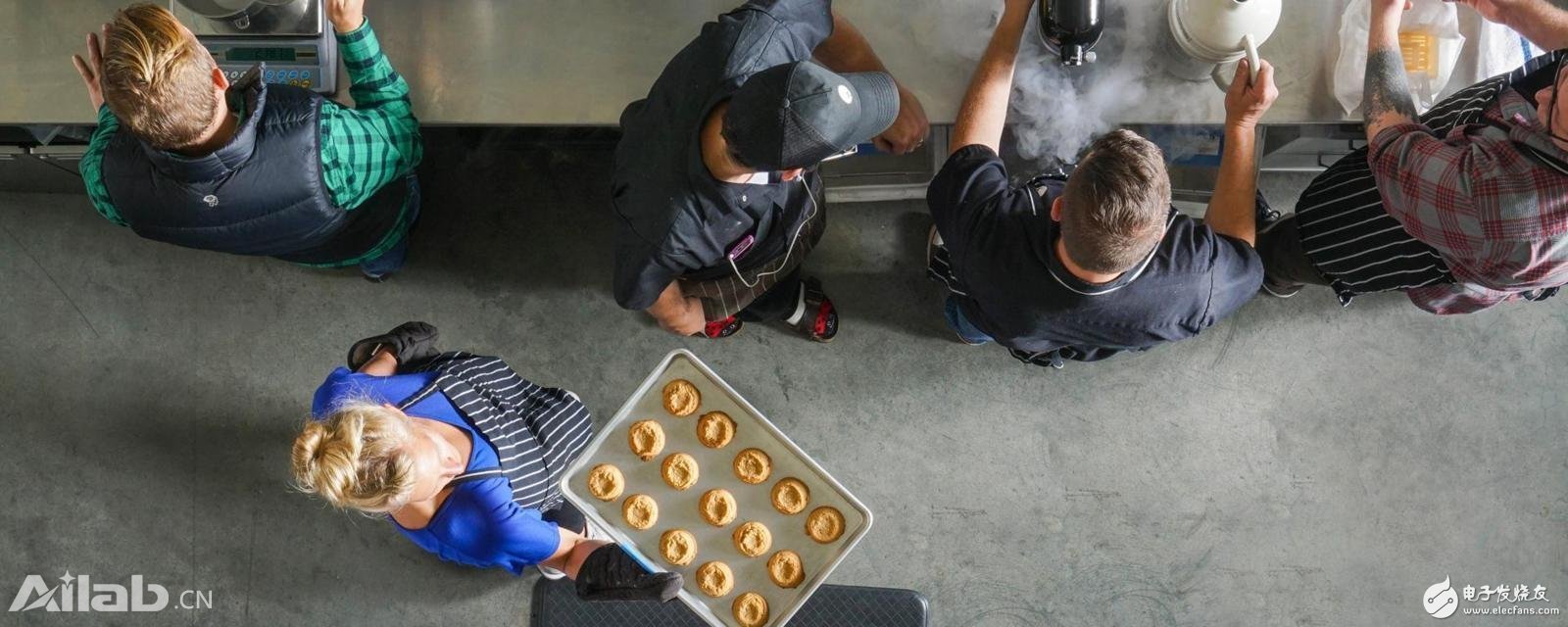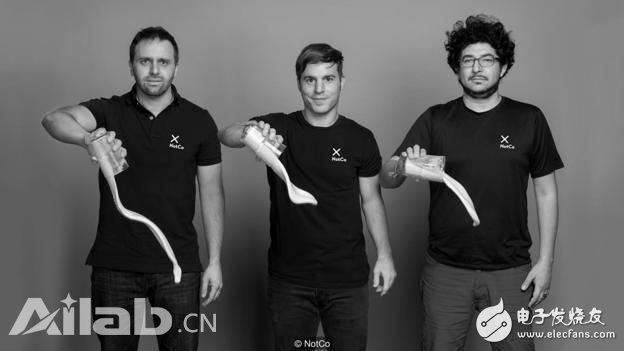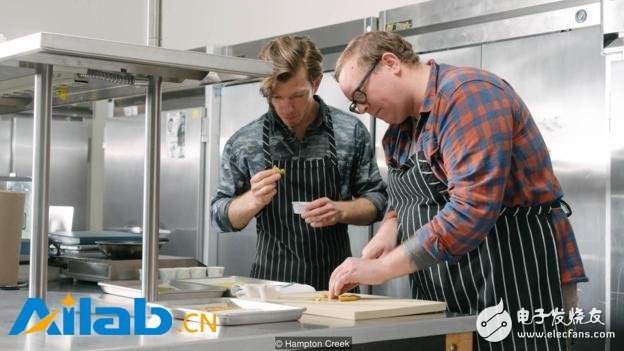According to the BBC report, according to the BBC, the more meat and animal products we eat, the faster we consume the earth's resources. Can artificial intelligence (AI) find new ways to make vegetarian food taste delicious and help build it? "No meat world"?

Do you remember the favorite beef burger is the taste of å•¥? Try to evoke its rich, juicy taste in your mind, and its soft, crunchy texture. Try to recall how the delicious taste fills your mouth when you take a bite. Remember this taste and remember how satisfying it is. Now think about it, if there is no meat in the burger, what would it taste like? Making beef burgers has had a huge impact on the global environment, but are you satisfied with the vegetarian meat that vegetarians like? If there are other ways to reproduce the sensory feast brought by Hamburg?
Now, a group of entrepreneurs are hoping for artificial intelligence to find the answer. They want to produce the same taste and texture as real beef, so you can't tell if a living animal has been made into a burger. Meat is not their only goal: mayonnaise, cookies, cheese, chocolate, and all other foods made from animal raw materials are within their sight. Their dream is to make the world's diets vegetarian by default, making botanical food choices the easiest, cheapest, and most convenient option on the menu.

In 2015, Karim Pichara, MaTIas Muchnick and Pablo Zamora founded NotCo.
Of course, the idea of ​​replacing animal food is not new, but AI offers a more powerful and promising approach. It allows food scientists to explore new ingredients, develop amazing new recipes, and find innovative ways to replicate the delicious fats and proteins in eggs, milk and meat.
Crazy food
Josh Tetrick, founder and CEO of food starter Hampton Creek, is one of the people who use AI to develop new foods. He said: "Most of our diet today is crazy. Six billion people are eating bad food.†Although strict vegetarians prefer cabbage salad rather than muffins, Titrick firmly believes that “healthy and sustainable food is only available to a small group of people†. He imagines the future. People who choose vegetarian food or become strict vegetarians are not just those who want society to be better, but they also want to reach out to those who have no choice.
Titrick's quest began in a very immature way: he was just looking for botanical food and adding them to the basic database. He said: "I don't know what machine learning is, nor the concept of computational biology." Then, a friend introduced him to AI. A powerful machine learning algorithm allows him to systematically find new ingredients or formulas to replace animal products.
Titrick is not the only one who is doing these jobs. In Santiago, Chile, Karim Pichara, MaTIas Muchnick and Pablo Zamora are trying to develop with their new company, NotCo. Something similar. They want people to eat in a more nutritious and environmentally friendly way.

Human examiners are testing the recommendations of artificial intelligence
Muchinik said: "If we must deliberately use the worst way to support ourselves, that is what we are doing today." Animal food has caused huge losses to the resources on our planet. As described in the BBC Future article, removing meat from the human diet will reduce food-related greenhouse gas emissions by 60% and save a lot of freshwater and agricultural land resources for livestock.
There are many ethical, labor, land and waste disposal issues around large meat processing plants. Katy Keiffer, author of What's the Matter with Meat, said: "The price humans pay is huge. Companies that produce meat for humans may end up starving. ."
Despite this, with the population and economic growth, the world's meat demand is still increasing. According to data from the Food and Agriculture Organization of the United Nations (FAO), global meat production increased from 159 million tons in 1986 to nearly 318 million tons in 2014. Even in countries that are not rich, meat consumption is still high. It is estimated that in the United States and the United Kingdom, the proportion of vegetarians (not to mention vegans) is only a single digit.
With more than 15+ yrs rich MFG experience, you can definitely trust in and cooperate with.
Provide you with the supply of personal protective equipment. to help you safely get back to your daily routine.
Our products include pulse Oximeter Finger, Forehead Thermometer, Automatic foam soap dispenser, etc.
Our strict quality control protocol thoroughly vets every aspect of production, storage, and shipments all the way way to our end customers.
protective equipment, ppe personal protective equipment, definition of personal protective equipment
TOPNOTCH INTERNATIONAL GROUP LIMITED , https://www.micbluetooth.com
